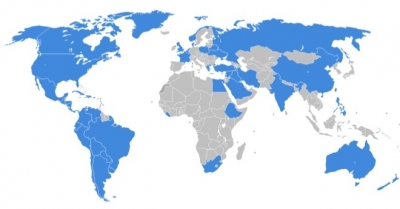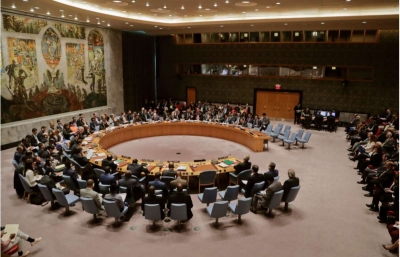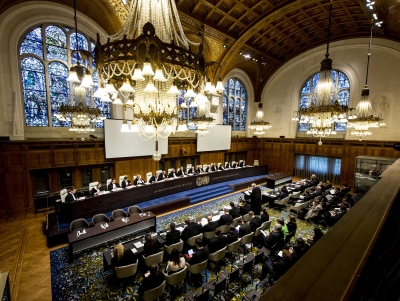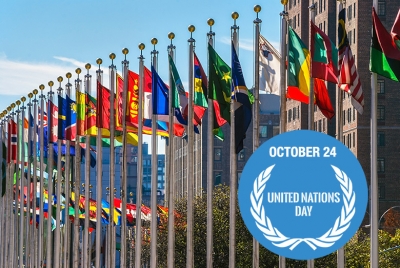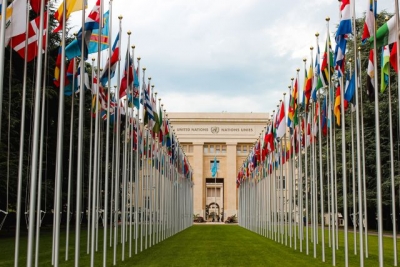
The United Nations marked its 7th anniversary recently. It was founded in 1945 after the Second World War, with the aim of maintaining peace in the post war world. Headquartered in Manhattan, New York, the UN is currently made up of 193 member states.
Role of the UN
Thanks to the powers vested in its Charter which came into force on October 24, 1945, the UN can take action on issues such as peace and security, sustainable development, climate change, human rights, disarmament terrorism. food production and gender equality among others.
The big six
The UN fulfils its responsibilities through its six main organs: the UN General Assembly, the Security Council, the Economic and Social Council, the Trusteeship Council the International Court of Justice and the Secretariat The UN General Assembly is the deliberative body of the UN. Every September, the entire UN membership meets at the UN Headquarters to discuss issues affecting world peace and security. However, UNGA cannot make binding decisions or enforce them, the authority for which rests with the Security Council.
Security Council members
There are five permanent members: China, Russia, the US the U.K. and France (the victors of WWII). The Security Council also has 10 non-permanent Seats that rotate between other countries every two years. It is responsible for peacefully resolving conflicts and preventing the outbreak of war.
Time for reforms?
Although the UN system has been successful in a number of peacekeeping operations and in addressing several global issues, it has also been criticised for its inefficiency and lack of transparency. Amidst allegations of mismanagement and corruption, there have been many calls for its reform. It has long been felt that the current Security Council lacks legitimacy, is outdated (reflecting the power centres of 1945) and out of sync with the changed global realities and that it requires comprehensive reforms to address contemporary challenges and a strong multilateralism that gives voice to all stakeholders. The exclusive right of the five permanent members of the Council to veto any decision of the UN has long been a subject of controversy. Perceived as an undemocratic arrangement this has been cited as the main reason for UN's inaction on crimes against humanity.
India's demand
India has been demanding for a permanent seat on the Council. It expects to use its eighth two year term as a non permanent member which starts in Jan 2021. To further build its case for a permanent seat in a reformed Security Council, something that it has been pushing for years now along with other claimants such as Japan Germany and Brazil -the G-4.
Picture Credit : Google
